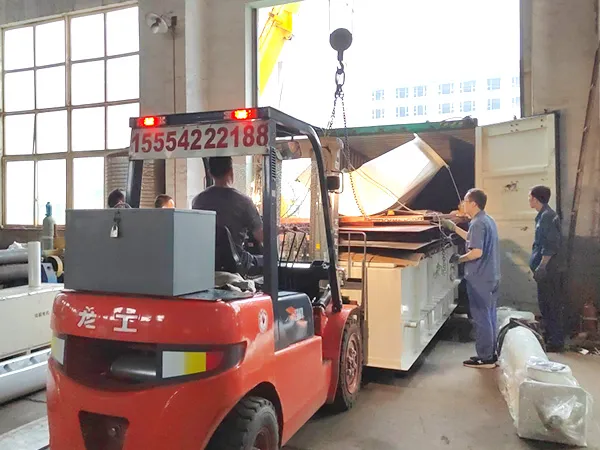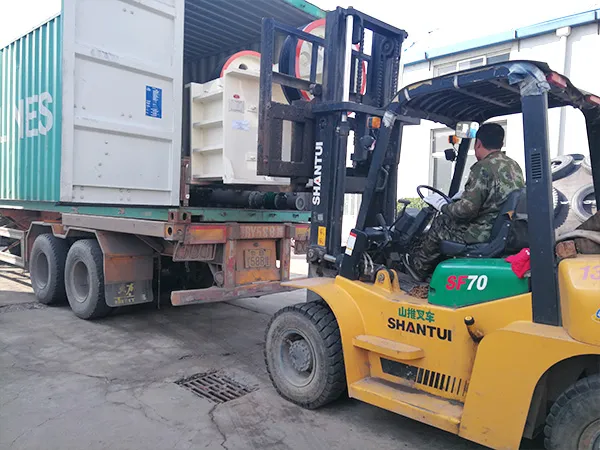Coconut shells are abundant agricultural by-products in tropical regions. After high-temperature carbonization and activation, they are transformed into high-value functional materials like coconut shell charcoal and activated carbon. These materials boast a unique microporous structure, extremely high surface area, and excellent adsorption capacity, consequently making them essential in diverse industries—from water purification to electronics. However, to unlock their full potential, achieving ultrafine powder is crucial, which is where the एयर क्लासिफायर मिल in coconut shell charcoal grinding plays a pivotal role. This advanced technology ensures the precise particle size control required for high-end applications.
- Activated carbon: For water purification, air purification, decolorization, and solvent recovery.
- Electronic materials: As electrode material or active substance for supercapacitors.
- Pharmaceuticals and cosmetics: Used as a detoxifying agent or as a raw material in oral care products (such as whitening toothpaste) and facial masks.
In all these applications, achieving ultrafine particle size और precise particle size control is essential to improving product performance and added value.
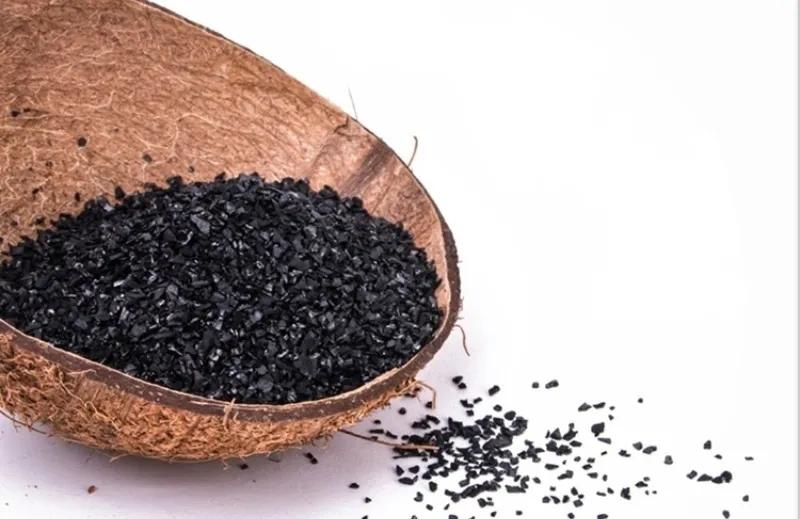
Challenges in Ultrafine Grinding of Coconut Shell Charcoal
Grinding coconut shell charcoal from coarse granules down to micron or even submicron powder presents unique challenges related to the material’s properties.
High Hardness and Abrasiveness
Coconut shell charcoal, especially activated carbon, is extremely hard and abrasive. The key components of grinding equipment—such as hammers, liners, and classifier wheels—experience severe wear. This leads to frequent downtime, higher maintenance, and increased production costs.
Agglomeration of Ultrafine Powder
Coconut shell charcoal has a very large specific surface area. Once ground to ultrafine levels, Van der Waals forces between particles increase significantly. This promotes agglomeration, which affects performance in later applications, such as dispersion in liquids.
Strict Particle Size Distribution Requirements
For high-end applications like electrode materials, a narrow particle size distribution (PSD) is required. Conventional mills often fail to achieve such precision.
Dust and Environmental Concerns
During high-speed grinding, fine carbon dust is generated in large quantities. Therefore, the system must operate under strict containment with highly efficient dust collection to ensure environmental safety and cleanliness.
Solution: Precision Control with Air Classifier Mill (ACM) Technology
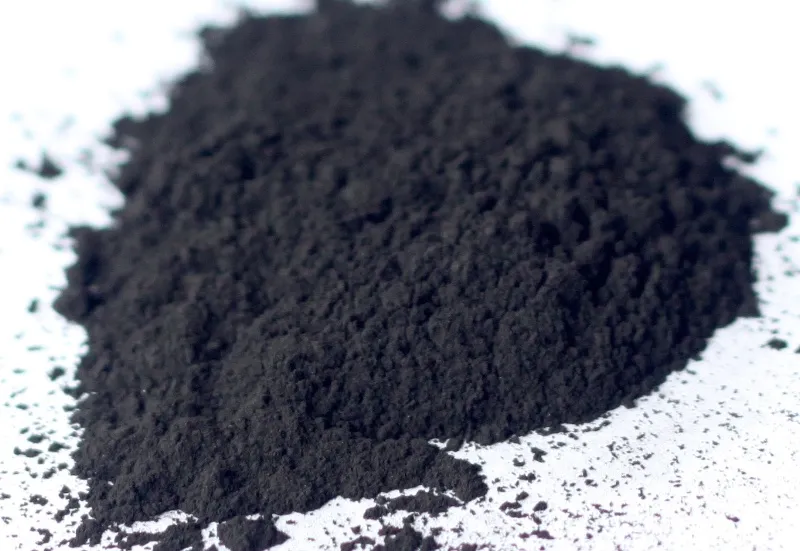
The Air Classifier Mill (ACM), featuring integrated grinding and classification, has become an ideal choice for processing coconut shell charcoal into ultrafine powder.
Integration of Grinding and Classification
The ACM combines mechanical impact grinding with dynamic air classification. The material is broken by high-speed rotating grinding parts (such as hammers or discs). Then, the airflow carries particles upward into the dynamic classification zone.
Precise Particle Size Control
- Dynamic Classifier Wheel: The heart of the ACM is its high-precision, variable-speed classifier wheel. Using frequency control, the cutoff size (Top Cut) can be precisely set. Only fine particles that meet the required size pass through with the airflow, while coarse particles are rejected and sent back for further grinding.
- Narrow Distribution Advantage: This precise classification ensures a narrow PSD, meeting the stringent uniformity requirements of high-end activated carbon and electronic materials.
Structural Optimization for High Abrasiveness
To handle the high hardness and abrasiveness of coconut shell charcoal, modern ACM systems use several optimization strategies:
- Wear-Resistant Materials: Key grinding parts (liners, hammers, etc.) are made from special high-hardness alloys or ceramics such as silicon carbide (SiC) or alumina (Al₂O₃). This significantly extends service life.
- Optimized Airflow Design: Reduces random collisions and friction within the grinding chamber. The energy is focused on effective impact zones, lowering energy consumption and unnecessary wear.
High Efficiency and Environmental Protection
The ACM operates under negative pressure in a fully enclosed system. Equipped with a high-efficiency pulse bag filter, it prevents dust leakage and meets strict environmental and hygiene standards. The airflow also helps dissipate heat generated during grinding, keeping the system at a stable temperature.
निष्कर्ष
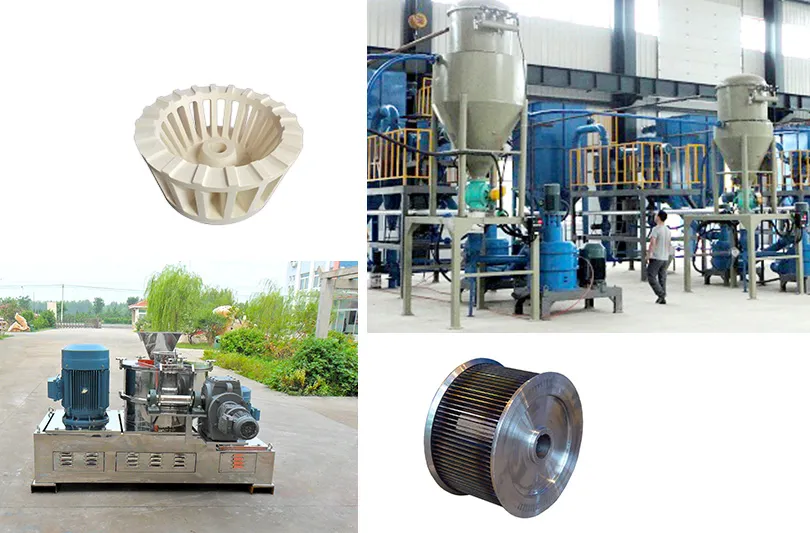
Ultrafine grinding of coconut shell charcoal is, undoubtedly, an essential step toward high-end applications and value enhancement. To achieve this, the Air Classifier Mill (ACM), with its efficient integration of grinding and classification, precise particle control, and durable design for abrasive materials, effectively overcomes the limitations of traditional grinding systems. Consequently, the ACM serves as a core technology in coconut shell charcoal ultrafine processing lines. Ultimately, by adopting ACM technology, industries can truly “turn waste into value,” thereby supporting the development of global environmental protection and the new energy sector.
